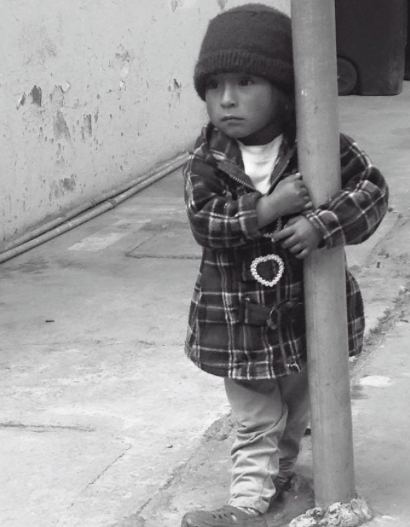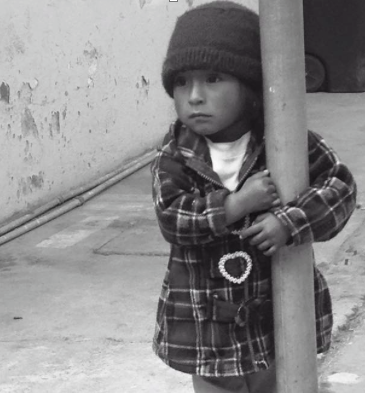if you really want to help children in the developing world this Christmas: why Operation Christmas Child boxes do more harm than good
It's early to think about Christmas, I know, but there are already lots of efforts underway to mobilize Christians who want to help children in the developing world have a merrier-than-usual Christmas. I love the enthusiasm, the generosity and the hope -- and I want the same thing for these kids, too. I want them to know that they are loved, that they are special, that they deserve to enjoy and celebrate their childhood, and that there are lots of people that want them to experience the joy and wonder of Christmas.
One of the main ways that Christians are encouraged to give to these kids is through Operation Christmas Child boxes, where families fill shoe box-sized containers with gadgets and gizmos and what-nots that children can open on Christmas morning.
It's a well-intended movement, but it comes with significant, unintended consequences. In my travels, I've spoken to many people whose communities have received these boxes. Here are the problems they've identified...

1) A lot of kids don't know what the items are.
Your kid might know how to chew gum, what a Yo-Yo is, or how to use a Slinky. Your kids might be obsessed with Sponge Bob Square Pants, Transformers or Nemo and Dori. But kids in the developing world who haven't had the same experiences or exposures won't be familiar with these things, and so the things you send them are irrelevant.
2) The standards of hygiene and dress are different in the developing world than they are in the U.S.
So you put gloves and socks in a shoe box, which might be helpful for your kids if you live in Pennsylvania or Michigan in December, but for a child who lives close to the equator, these gifts will be unfamiliar and unhelpful in 100-plus-degree heat.
Also, socks, underwear, t-shirts and other things that Americans perceive as basic undergarments and needs are often not used or needed in cultures where they've been living for millennia without them.
3) Sending toys and other gifts that have been made in the U.S. (or China) undermines the economy of the country that's receiving these boxes. If you send a boy in Ethiopia a toy car made in China, or if you send a girl in Bangladesh a dress made in the U.S., you take away business from local factories and merchants, enhancing the poverty that makes these children eligible for gift boxes in the first place.
If you want to help children in the developing world, and if you want to empower them vs. enabling them, buy their family a goat or a chicken.
Donate money to a non-profit on the ground that will use your donation to buy children gifts from local merchants and artists.
Contribute to a cause that does more good than harm.
Commit to doing what's best for these kids -- not what gives you and your kids a dopamine surge or a pat on the back.
Give children in the developing world what they really need -- a healthy economy and a sustainable solution to the poverty they face.
***
If you'd like to make a contribution, here are a few suggestions:
Compassion International Gift Catalog
Heifer Project International Gift Catalog
